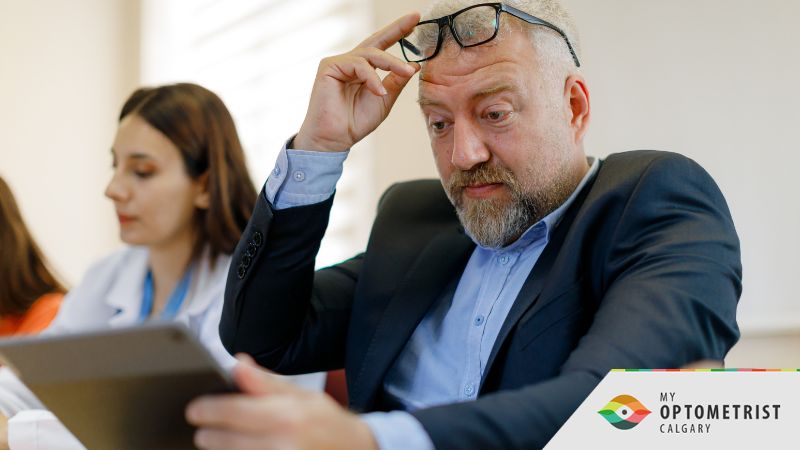
Diabetic retinopathy, a leading cause of blindness among adults, is a significant complication of diabetes, resulting from prolonged elevated blood sugar levels damaging the retina's blood vessels. It progresses through various stages, often without early symptoms, making regular eye exams crucial for early detection and prevention of severe vision loss. Treatments, depending on the disease's stage, include laser surgery, eye injections, and vitrectomy surgery, but there's no complete cure. Effective diabetes management through diet, exercise, and medication adherence is vital in controlling retinopathy's progression. Understanding the connection between diabetes and diabetic retinopathy is essential, as proactive steps in diabetes management and regular eye care can significantly reduce risks and protect vision.
Diabetes, a condition that affects millions worldwide, is not just about managing blood sugar levels. It brings with it a host of potential complications, one of the most significant being diabetic retinopathy. This eye condition, directly related to the effects of diabetes, is a leading cause of blindness among adults. Understanding the link between diabetes and diabetic retinopathy is crucial for early detection, management, and prevention of severe vision loss.
The Connection Between Diabetes and Eye Health
Diabetes affects the body's ability to use and store sugar, leading to elevated blood sugar levels. Over time, these high sugar levels can cause damage to blood vessels throughout the body, including those in the retina, the light-sensitive tissue at the back of the eye. This damage is the beginning of diabetic retinopathy. The longer a person lives with uncontrolled diabetes, the higher the risk of developing this eye condition. Regular eye exams and maintaining good control of blood sugar levels are essential in reducing this risk.
Stages of Diabetic Retinopathy
Diabetic retinopathy progresses through several stages, starting from mild non-proliferative retinopathy, where small areas in the blood vessels of the retina balloon and form pouches, to more advanced stages. As the condition progresses, it can lead to proliferative retinopathy, where the retina starts growing new blood vessels. These new vessels are fragile and can bleed, leading to vision problems and potentially severe vision loss if not treated.
Symptoms and Early Detection
In its early stages, diabetic retinopathy may not present any symptoms. This lack of symptoms can lead to delayed diagnosis and treatment, increasing the risk of irreversible damage. As the condition progresses, symptoms like blurred vision, floaters, dark areas of vision, and difficulty perceiving colors can emerge. Regular eye exams are crucial for early detection, especially for individuals with diabetes, as these exams can identify signs of retinopathy before vision loss occurs.
Treatment and Management
While there's no cure for diabetic retinopathy, early detection and treatment can slow its progression and prevent severe vision loss. Treatment options depend on the stage of the disease and include laser surgery, injections of corticosteroids or anti-VEGF agents into the eye, and vitrectomy surgery in advanced cases. Alongside these treatments, managing diabetes effectively through diet, exercise, and medication is vital in controlling the progression of retinopathy.
The Role of Lifestyle in Prevention and Management
Lifestyle plays a critical role in both the prevention and management of diabetic retinopathy. Maintaining a healthy diet, engaging in regular physical activity, monitoring blood sugar levels, and adhering to diabetes medication regimens can significantly reduce the risk of developing retinopathy or slow its progression. Additionally, lifestyle changes can improve overall health, which can positively impact eye health.
Diabetic retinopathy is a serious complication of diabetes, but with early detection and proper management, its impact on vision can be minimized. Regular eye exams are essential for individuals with diabetes, as they can help catch the condition in its early stages. Effective management of diabetes through lifestyle changes and medical interventions is also crucial in preventing or slowing the progression of diabetic retinopathy. By understanding the link between diabetes and this eye condition, individuals can take proactive steps to protect their vision and overall health.
Written on behalf of My Optometrist Calgary.
FAQs
Q: Can diabetic retinopathy be cured?
A: There is no complete cure for diabetic retinopathy, but early detection and management can significantly slow its progression and prevent severe vision loss.
Q: What treatments are available for diabetic retinopathy?
A: Treatments include laser surgery, injections into the eye, and vitrectomy surgery, depending on the disease's stage.
Q: Is diabetic retinopathy preventable?
A: While not entirely preventable, maintaining good blood sugar control and regular eye exams can significantly reduce the risk and severity.